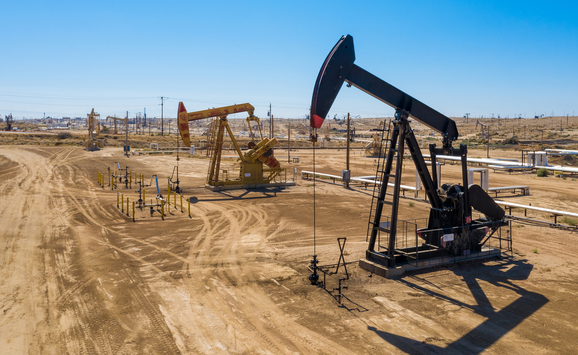RFF President Richard G. Newell and board member Rob Stavins recently received the Association of Environmental and Resource Economists’ award for Publication of Enduring Quality, along with coauthor Adam B. Jaffe. The award recognizes their 1999 paper “The Induced Innovation Hypothesis and Energy-Saving Technological Change” in the Quarterly Journal of Economics.
The Publication of Enduring Quality (PEQ) award of the Association of Environmental and Resource Economists (AERE) recognizes works that are of seminal nature and with enduring value in environmental and resource economics. This year, AERE recognized two influential empirical papers on induced innovation in environmental economics: “The Induced Innovation Hypothesis and Energy-Saving Technological Change,” by Richard G. Newell, Adam B. Jaffe, and Robert N. Stavins, Quarterly Journal of Economics, Vol. 114, No. 3 (1999), pp. 941-975; and “Induced Innovation and Energy Prices,” by David Popp, American Economic Review, Vol. 92, No. 1 (2002), pp. 160-180.



The award citation stated, in part: Environmental outcomes are influenced by the cumulative effects of technical change. Through price incentives, market-based environmental policies may be able to shift the path of innovation towards cleaner technologies, making the attainment of environmental goals more feasible. The idea that the direction of innovation is influenced by relative prices goes back to Hicks and his theory of induced innovation. A key empirical question is whether there is evidence of this effect in contexts relevant to environmental problems and, if so, the magnitude of the effect. The two papers we honor with the 2017 PEQ award study the effects of energy prices on energy efficiency. One looks at the energy efficiency of final products; the other looks at patents.
Newell, Jaffe, and Stavins' paper studies the effect of energy price increases on the relationship between cost and product characteristics. They find evidence that technological change became biased towards energy efficiency after the increase in energy prices in the 1970s. Their findings suggest that the post-1973 energy price increases accounted for between one quarter and one half of the improvements in energy efficiency of air conditioners and water heaters over the twenty year period ending in 1993.
Popp uses patents for energy-efficient technologies as a measure of innovative activity. He estimates a strongly positive long-run elasticity of patenting with respect to energy prices. Innovative activity responds quickly to prices, but the effect decreases over time, suggesting that there are diminishing returns to research. He also finds that the quality of existing research knowledge matters. He uses patent citation data to construct a measure of the stock of knowledge in the relevant area and finds that this has a positive and significant effect on innovative activity.
These two papers helped to establish an empirical research agenda on the role of innovation in the design of environmental policy and, by showing that induced innovation was empirically grounded in this context, also influenced the burgeoning theoretical literature in the field.
The impact of these important papers goes well beyond the academic literature. Current market-based environmental policies are, in part, motivated by the fact that higher energy prices should create incentives for energy-saving innovations, as demonstrated in the papers we honor as the 2017 Publications of Enduring Quality.
The PEQ selection committee was chaired by Brian Copeland, University of British Columbia, and included Olivier Deschenes, University of California, Santa Barbara, and Frances Homans, University of Minnesota.




